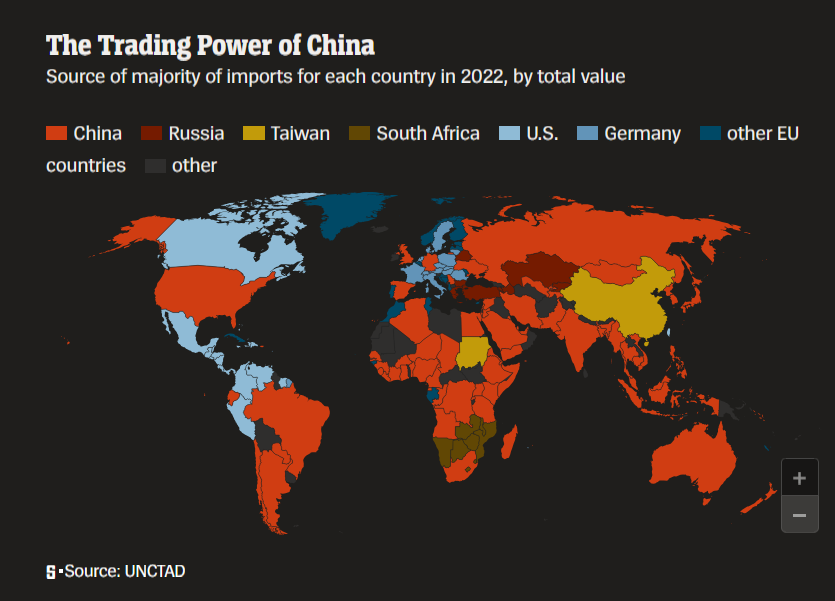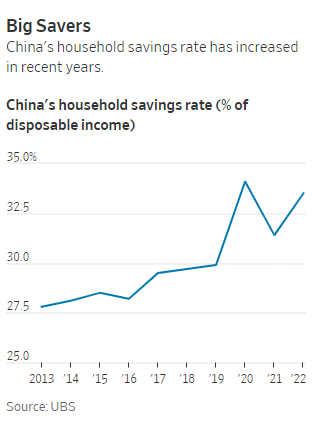Chinese equities have plunged dramatically in the past few weeks. From being the top performer among emerging markets, the China equity market has entered the bear market with a fall of over 28% in the Shanghai Composite Index from this year’s peak. Despite the decline, the index is still up by just over 15% year-to-date.
Investors may want to consider the following points before investing in China:
- The Chinese equity market rose more than 100% in the past 12 months even though economic growth was sluggish. Many individual stocks more than doubled or shot up more.
- Unlike other emerging countries such as Brazil and India, retail domestic investors are the cause of the boom. Foreigners do not play a major role in China since the country has strong restrictions on foreign equity investors investing in the local market. According to one report, more than 90 million individual investors make up about 80% of the market.
From an article in the BBC:
- Herd mentality
About 80% of investors on the Chinese mainland’s stock markets are small retail investors – or so-called mum and dad investors. Investing – and talking about their shares – is a national pastime for millions. And many have admitted that they are driven by what their friends and family are doing. “Retail traders are by their nature enthused by momentum,” says market specialist Chris Weston from IG Markets. “If the market is rallying, they feel like they need to be involved on fear of missing out. That momentum is now headed sharply lower and so they want out.”
- Millions of individual investors opened brokerage accounts in the past year as the market soared. These inexperienced investors do not have the resources or the ability to ride out market volatility.
From Fuelled by greed, Shanghai’s stock market is a raging ox in Global Times in June:
In April, both of China’s two exchanges saw nearly 5 million new A-share accounts opened. In Shanghai especially, the passion for investing in the stock market is at an all-time high, and the greed that has overcome ordinary residents here is almost palpable.
Just a few floors downstairs from the Global Times, where a securities company happens to have an office, a high-spirited stream of retirees can be seen making punctual visits throughout the day to cash in on their portfolios or reinvest in new offerings. It’s comical to picture these gossiping grannies sitting in the doorways of their longtang debating the valuation of 1818-SZ or whether to hold or sell ICBC, but that’s exactly what’s occurring.
On morning metro commutes, nobody is playing Fantasy Westward Journey anymore; now the new trendy game is SSE. The faces of nearly every other passenger glow green and red from the real-time stock tickers on their tablet devices.
Every morning at People’s Square, near the Shenwan Hongyuan Securities office, droves of locals can be seen expounding investing advice and whispering supposedly “insider” secrets to each other. Though many of their claims are dubious, gauging from the animated atmosphere, trading stocks has become the city’s new obsession.
After many years of stagnation, the sudden reversal of fortune of the Chinese stock market sent everyone scrambling. Everyone was afraid of missing out on the next golden opportunity. Even people with absolutely no prior investing experience – or sufficient savings to spend – did not hesitate to get in on the latest hot stock.
A classmate of mine, who spent all her savings on a new apartment, recently borrowed an additional 100,000 yuan to invest in the market. On Thursday, when the Shanghai exchange plunged 6.5 percent, she lost 7,000 yuan in the blink of an eye.
China’s stock market is notoriously volatile, but over-confident new investors seem to be ignoring the potentially high risks. A friend’s colleague just sold his apartment for 300,000 yuan less than the market price so he could come up with the cash to make a “sure thing” investment.
- Some 1,301 companies have been halted from trading on the mainland exchanges and IPOs have been suspended. In addition, the government is taking many other steps to halt the slide. Most likely such measures will fail.
Following the performance of common stocks listed on the mainland market, China ADRs trading on the US markets also declined today as investors dumped them in droves. Hot stocks such as Alibaba(BABA) plunged to their lowest level since the IPO a few months ago. BABA is down over 23% so far this year.
The table below shows the year-to-date returns of exchange-listed Chinese ADRs:
Source; BNY Mellon
About half of the ADRs shown above trade for under $10 per share.
The complete list of China ADRs including the ones trading on the OTC markets can be found here.
Disclosure: No Positions


